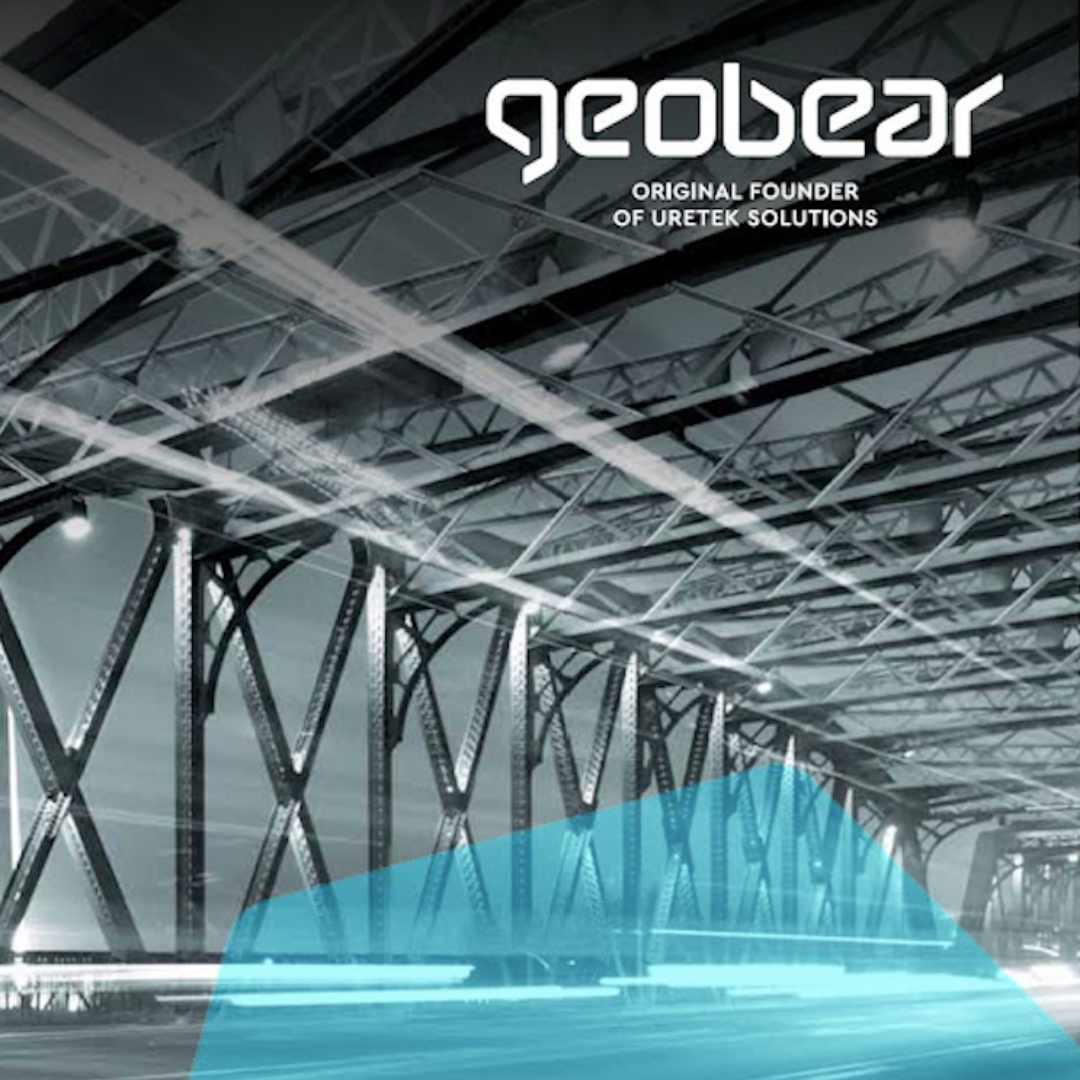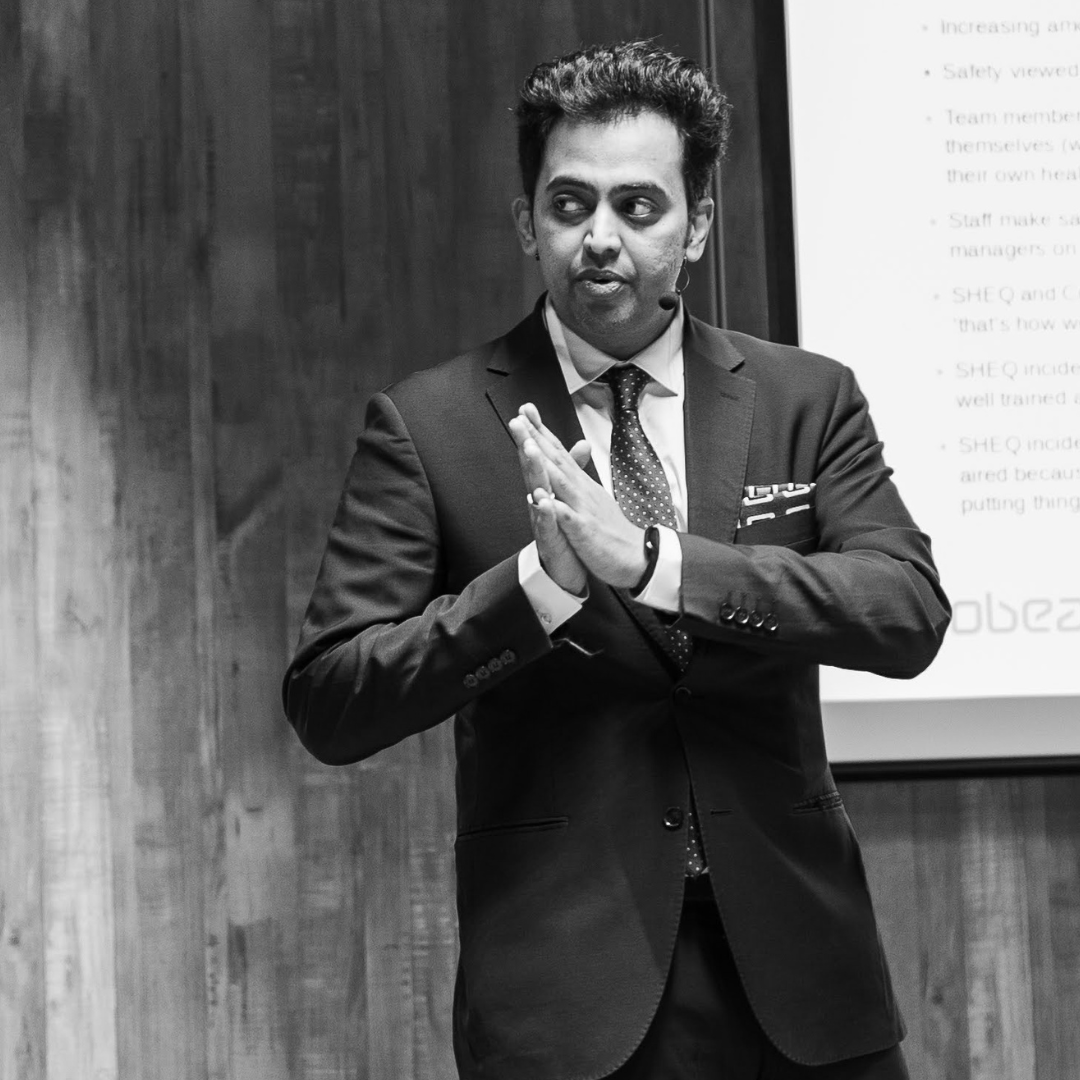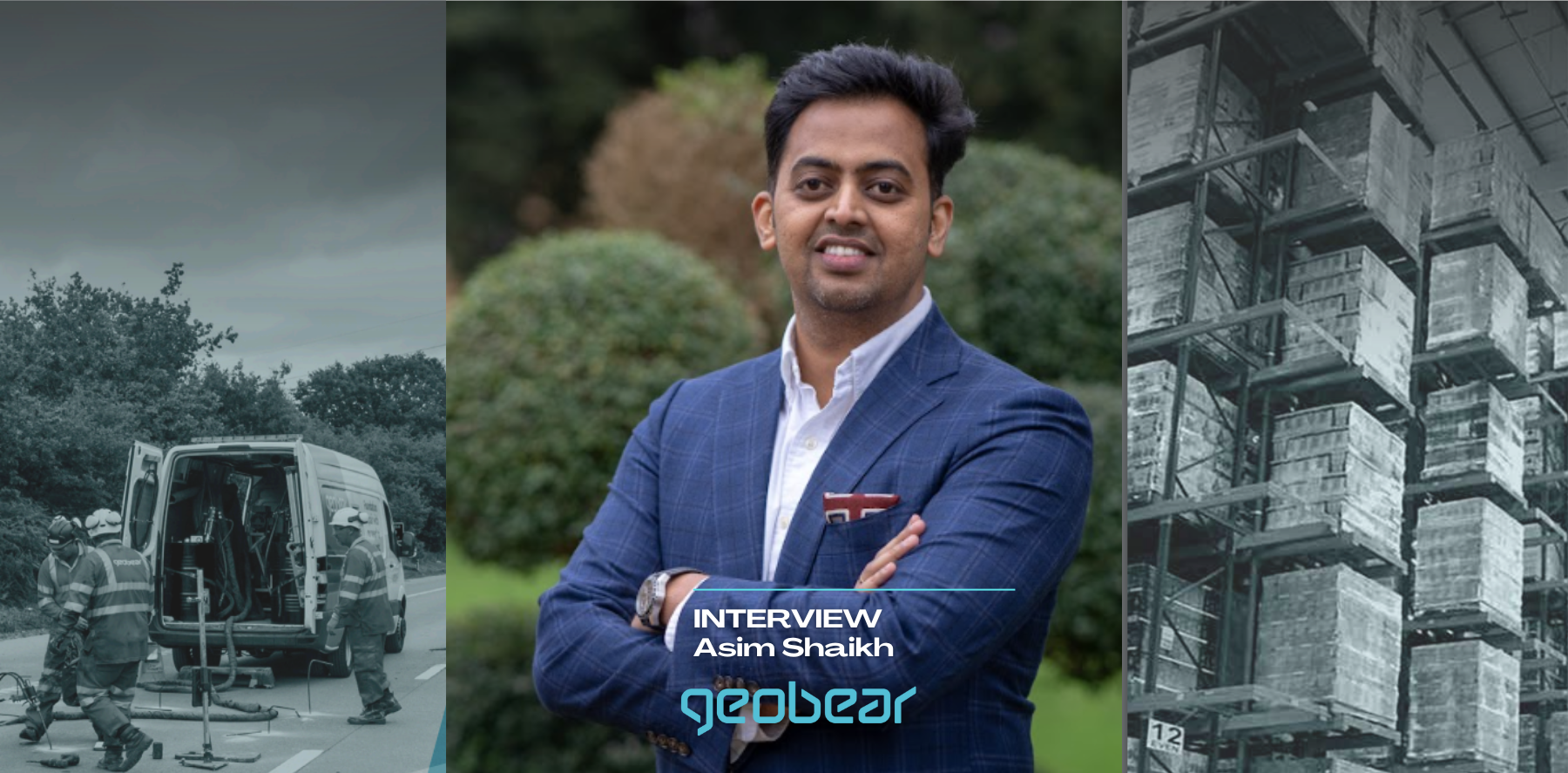Poland market entry – DNA of success – interview with Asim Shaikh, Managing Director for Poland and Director for UAE and Nordics at Geobear Global. Insights from those who have succeeded.
“A company entering a new market should have a long-term strategy, balancing short-term wins with sustainable growth. The first year is often about brand positioning, building trust, and learning from mistakes and fine-tuning the business model.”
Meet Asim Shaikh, Managing Director for Poland, Director for UAE and Nordics at Geobear Global.
He has been responsible for starting and developing the Polish business unit of Geobear Global, an international ground engineering company that provides solutions for subsidence issues and ground improvement for infrastructure, commercial buildings, and residential properties.

Source: Geobear Global
Originally a family-run company from Finland, Geobear invented the process of geopolymer injection in the 1980s – a fast, non-disruptive, and long-term method for ground stabilization of homes, airports, warehouses, ports, railroads, and historic structures.
Today, the company successfully operates in the UK, Ireland, Finland, Sweden, Poland, the USA, China, and most recently, the UAE. Eight years ago, Geobear decided to expand its operations to Poland, and Asim has been an integral part of this journey and its success.
Asim is a talented and experienced leader who has played a crucial role in driving this journey and executing its success.
Katarzyna Sarba: Why Poland at all? Geopolymer injections weren’t even known in Poland. So it was a huge challenge to build brand and solution awareness. What factor decided about choosing Poland as the next expansion destination?
Asim Shaikh: Poland presented a unique opportunity for Geobear due to its rapidly growing economy, significant infrastructure projects, and an increasing need for innovative ground engineering solutions. While geopolymer injection was not widely known in Poland at the time, we identified a gap in the market where traditional methods were slow, disruptive, and expensive. Poland’s strong construction sector and commitment to modernization made it a strategic location for expansion. Additionally, the country’s central location in Europe makes it a perfect location for warehouses and logistic centres for many companies.
Katarzyna Sarba: Entrepreneurs often point to finding local partners as a critical condition to start the business in a new market. Would you agree with this? How did Geobear start?
Asim Shaikh: Absolutely, having local partners or at least strong local expertise is crucial. When Geobear entered Poland, we focused on hiring experienced local professionals who understood the market dynamics, regulations, and customer expectations. We invested in and still continue to invest in building awareness through partnerships with engineering firms, infrastructure contractors, and government agencies. We also engaged with industry associations to educate stakeholders about the benefits of our technology. A key success factor was ensuring that our local team had a deep understanding of how our solutions could integrate seamlessly with existing construction and maintenance processes.
Katarzyna Sarba: You also managed to build a fantastic, very dedicated team in Poland. What competencies should such a “pioneering” team have to successfully launch a product in a new market?
Asim Shaikh: Building a pioneering team requires a mix of technical expertise, commercial acumen, and adaptability and most importantly a growth mindset. Since we were introducing a completely new technology, we needed professionals who were not only skilled in engineering but also open to innovation. Sales and business development experts played a crucial role in educating the market, while project managers and field technicians ensured successful implementation. Strong problem-solving skills, resilience, and an entrepreneurial mindset were essential traits that helped the team navigate initial market skepticism and establish Geobear as a trusted solution provider.
“Key recommendations for foreign companies entering Poland:
Develop a clear go-to-market plan.
Understand the regulatory environment.
Build relationships early.
Invest in a strong local team.
Be patient but persistent. Success doesn’t happen overnight, but with the right strategy and execution, Poland offers excellent growth opportunities.”
Katarzyna Sarba: Managing remote teams effectively is an enormous challenge. What are your tips for building and leading a remote local team?
Asim Shaikh: Trust and clear communication are the foundations of a successful remote team. At Geobear, we focused on setting clear goals, ensuring transparency, and using technology to stay connected. Regular virtual check-ins, performance tracking, and fostering a culture of accountability helped keep everyone aligned. Additionally, we invested in training and development to ensure that our remote employees felt engaged and valued. Encouraging autonomy while maintaining strong collaboration ensured that despite working remotely, the team operated as a cohesive unit.
Having said that, in my view nothing can replace the face to face time you spend with people. Periodic in-person meetings—whether monthly or quarterly—help reinforce company culture, encourage collaboration, and provide an opportunity to discuss and debate strategic goals in more depth. Everyone gets an opportunity to get heard, these are the discussions where some of the most innovative ideas are born.
Katarzyna Sarba: You successfully built three business units in different countries, each with distinct cultures and business environments. Is there a common thread to your success? What traits should an effective leader have?

Author: Mikko Wilska
Asim Shaikh: The key to success in multiple markets is adaptability, cultural awareness, and a deep understanding of customer needs. While every market is different, the fundamentals of good leadership remain the same—building strong teams, setting a clear vision, clear and regular communication and being proactive in problem-solving. An effective leader should be resilient, open-minded, and capable of balancing strategic thinking with hands-on execution. Additionally, fostering relationships based on trust and credibility is critical in every country, whether dealing with employees, customers, or stakeholders.
Katarzyna Sarba: What should be the goals of a company entering a foreign market? The first year might not bring immediate revenue – how do you determine whether to continue investing or reconsider market entry?
Asim Shaikh: A company entering a new market should have a long-term strategy, balancing short-term wins with sustainable growth. The first year is often about brand positioning, building trust, and learning from mistakes and fine-tuning the business model. If revenue doesn’t come immediately, it’s important to assess key performance indicators beyond just new sales – such as pipeline, customer engagement, lead generation, and market adoption. Companies should set clear milestones and evaluate progress regularly. If there are strong indicators of future potential – such as growing interest, partnerships, or a positive response from early customers – it makes sense to continue investing. However, if after a defined period there’s little traction despite efforts, it may be time to reassess the approach or shift focus.
Katarzyna Sarba: What is the Polish customer like? Are Polish consumers really perceived as “price-oriented”?
Asim Shaikh: Yes, Polish customers are generally price-sensitive, but there is also a significant segment willing to pay for quality, reliability, and great service. In the construction and infrastructure sector, decision-makers focus on cost-effectiveness but also value solutions that minimize disruption, are faster, reduce long-term maintenance costs, and offer durability. Geobear’s approach has been to demonstrate how our technology provides a higher return on investment compared to traditional methods. Delivering what is promised and maintaining strong relationships with clients have been key to earning trust and gaining traction in the Polish market.
Katarzyna Sarba: What surprised you the most when first opening the business, then managing it in Poland for nearly eight years? What should a foreign company be prepared for when entering the Polish market? Could you provide a few recommendations?
Asim Shaikh: One of the biggest surprises was how fast Poland has developed in the last decade—both in terms of infrastructure and business environment. When we started, awareness of innovative ground engineering solutions was limited, but today, there is a much stronger appetite for new technologies.
For foreign companies entering Poland, my key recommendations are:
- Develop a clear go-to-market plan – Define your target audience, geographical focus, and market entry strategy before setting up operations.
- Understand the regulatory environment – Compliance, permits, and contractual processes can be different from other markets.
- Build relationships early – Networking with industry players, associations, and local businesses can accelerate market adoption.
- Invest in a strong local team – Hiring growth minded professionals who understand the market and culture is critical for success.
- Be patient but persistent – Success doesn’t happen overnight, but with the right strategy and execution, Poland offers excellent growth opportunities.
Katarzyna Sarba: Many thanks, Asim, for your valuable insights about the market and business. I strongly believe this will be beneficial for our readers, proving that a well-planned go-to-market strategy, supported by a dedicated team and a visionary leader, is the key to success.

